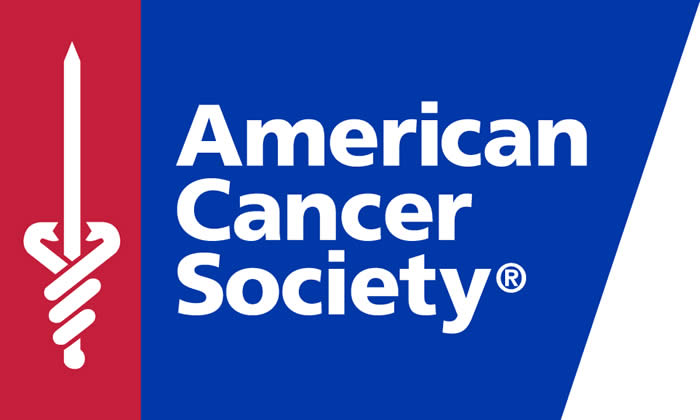FDA: The Quality Problems Causing The Drug Shortage Were Not News To Those Making The Medicines
By Dr. Len
Sometimes you have the opportunity to be educated, or to learn a bit more about a topic of importance. Yesterday was one of those opportunities.
Attending a meeting (as an observer) of the National Cancer Institute Director's Consumer Liaison Group on the issue of cancer drug shortages, there were some messages delivered that provided a bit more clarity surrounding a very complex problem. And there were messages delivered that had even me sit up and take notice, and frame the seriousness and depth of the problems that confront patients, their families and those who treat them. The observations were--to say the least--very unsettling.
Try this one, for example:
When describing the role of the Food and Drug Administration in trying to address the problem, an FDA representative who is very involved in addressing drug shortages in general and cancer drugs in particular, made a comment about the manufacturing facility that voluntarily closed down in November and led to severe supply interruptions of several generic and one "branded" cancer chemotherapy drugs.
In brief, the doctor made the comment that dozens of generic drugs were manufactured at the plant. She went on to say that-as is usually the case--the problems at that particular plant were no surprise to anyone and had been going on for years. And then, she captured the emotions of those who have tried to walk the sometimes very thin line between trying to keep needed drugs available for those in desperate straits and the regulatory responsibility to protect the health of the public, when she said that the problems at that plant had brought the FDA field staff to tears.
I find it hard to imagine a situation that was so serious, had gone on for so long, and for which nothing could be done to fix the problem, resulting (if not demanding) the shutdown of the plant. Those shutdowns have a cascading and substantial impact on generic (and in the case of Doxil®, a patented "brand" drug) chemotherapy drug manufacturing and supply in this country, influencing the treatment of patients with cancer and-in the opinion of some doctors-impacted the very survival of the patients they were treating.
As health professionals, patients and consumers we depend on the integrity and commitment of the companies that manufacture the medicines we put into our bodies. When I hear information like this, I begin to wonder whether that trust is misplaced, or whether my health and my body are being put at risk because some company isn't able to make their drugs safely while paying attention to basic quality standards and are putting me at unnecessary risk-without me ever knowing it.
But that was not the only "ah ha!" moment at this small group meeting, held on the campus of the National Institutes of Health.
Read More.

